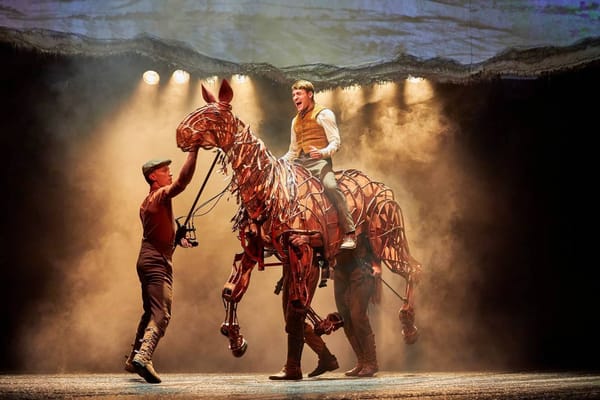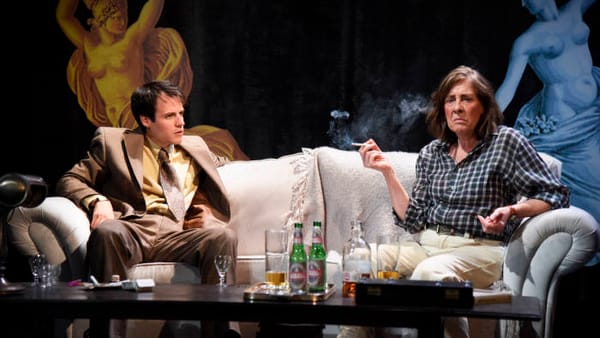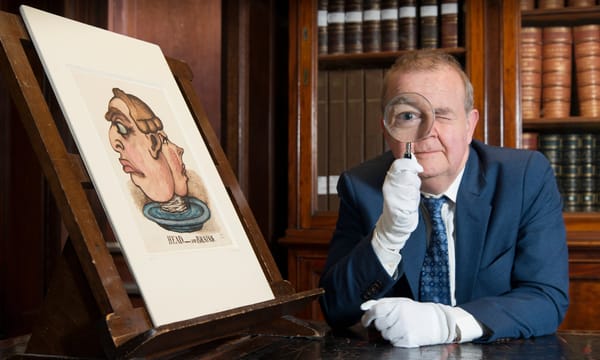Jeannie: An Enchanting Revival

A long-overdue journey into the repertoire of an overlooked female playwright, this is (shockingly) the first professional production of Jeannie in nearly 80 years. Within two hours we are taken on a whirlwind journey with protagonist Jeannie, who, upon receiving a generous inheritance following the death of her cantankerous father, ventures outside her “wee one-eyed” town and manages to attract the attentions of both a British washing machine inventor named Stanley, and a Viennese Count.
The very small, intimate theatre allowed the audience to become totally wrapped up in the story, and the set transitions help to signpost where you are in the play and transform the space completely. The only trouble with these transitions was that they did lag on at times, ultimately detracting from the immersive experience of the play. However, I do see that this was unavoidable with the drastic location changes between various countries, and admire the fact that the actors both played their roles and carried out the staging transitions simultaneously as smoothly as possible.
The performances of Mairi Hawthorn (Jeannie) and Matthew Mellalieu (Stanley) really stood out for me, with their natural chemistry and wonderfully witty repartee; after a slow first few scenes, the play only really started for me when the pair first met. The entire cast nailed every bit of dialogue in all its emotion and charm – even the questionable French and Austrian accents only added to the humour of the play. But the real magic of the dialogue is all thanks to the mastery of the playwright herself, Aimée Stuart (1886-1981). With a life full of questioning conventions and seeking adventure, she’s incredibly underrated as an artist (what with her previously banned play Love of Women , which polemically depicted lesbianism, it’s a real mystery that I’d never come across her).
The play isn’t ground-breaking in its message or its themes, nor is it written as such. Rather it sends us home with a very real message – one that is universal and unrestricted by the era in which we encounter it, be it the first show in 1940 or 2018 in Finborough Theatre. This is the story of a flawed and naïve woman, who indeed makes mistakes, yet at the same time gives as good as she gets with a fiery personality and determination to pave her own path. I’m certain we can all see a part of ourselves in this character. It’s a beautiful rendering which states that yes, life can be harsh and not at all what you expect, but at the same time it’s never too late to start your own adventure, and it’s always worth the risk.
-4 stars









